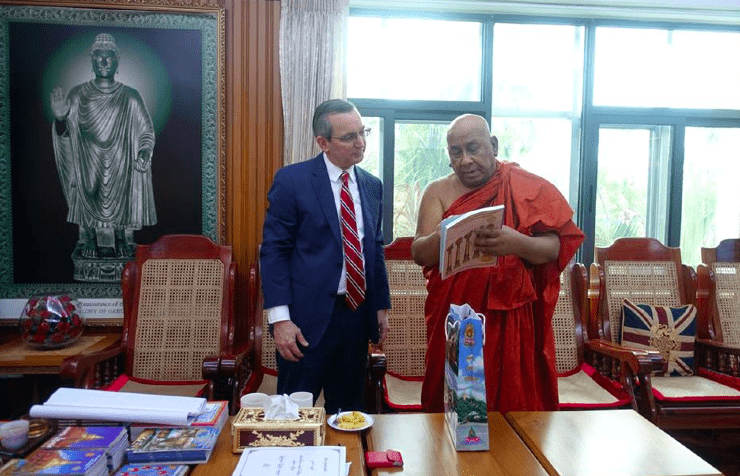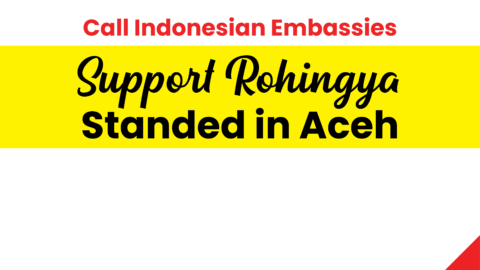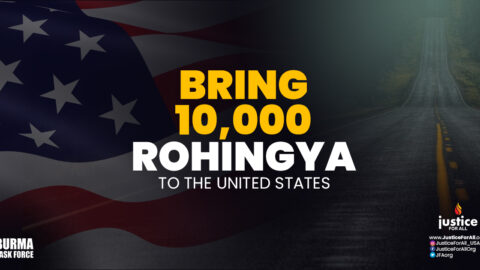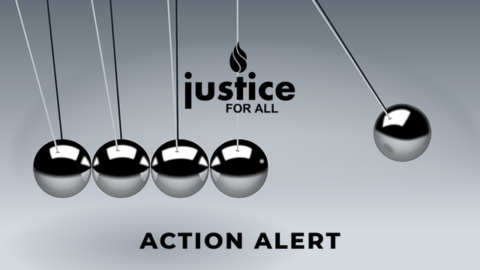Take immediate action by calling the Indonesian Embassy in [Your Country] to express your deep…

Why Is The US Ambassador To Burma Paying ‘Respects’ To An Islamophobic Monk?
On April 8, the US embassy in Rangoon, Burma posted several photos to its Facebook page of US ambassador-designate Scot Marciel’s visit to the monk Sitagu Sayadaw. The purpose of the visit was “to pay his respects ahead of the Thingyan holiday.” We are told that Marciel “very much enjoyed speaking to the Sayadaw about the diversity of faiths in Myanmar and this country’s rich cultural history.”
Sitagu is one of the most popular – if not the most popular – Buddhist monk in Burma. A Wall Street Journal article that profiled Sitagu in 2008 noted that he is one of a new generation of monks that has risen to prominence in Burma in recent years: “Mr. Sitagu Sayadaw represents a new breed of monk who eschews traditional asceticism in favor of tactics more familiar to televangelism. Wherever he goes, a camera crew follows, recording material for the videos of him that are available on the street in major cities.” Sitagu has branded himself before the outside world as a proponent of tolerance, a humble monk working for peace, and who is open to all religions. He attends interfaith friendship conferences where he makes feel-good statements that Christians, Muslims, Buddhists are “all the same.”
However, the benign and benevolent image projected by Sitagu conceals a racist and anti-democratic core that is barely hidden under the surface of his flowery, kumbaya rhetoric. Sitagu is a dyed-in-the-wool Buddhist nationalist. The Myanmar Times reports that he is “a senior member” of the extremist MaBaTha, holding the position of “vice-chair” in the organization.
His political and theological stances adhere more closely with the group’s ideology than the ideals of pluralistic democracy. Sitagu is in favor of making Buddhism the national religion of Burma, a demand he made while speaking at MaBaTha’s massive rally celebrating the passage of the discriminatory “race and religion laws” last year. The laws have been roundly condemned by human rights organizations and experts in international law. A report by Georgetown’s Institute for Women, Security and Peace described them as “blatantly discriminatory” and “egregious violations of Burma’s obligations under International law and norms.”





This Post Has 0 Comments